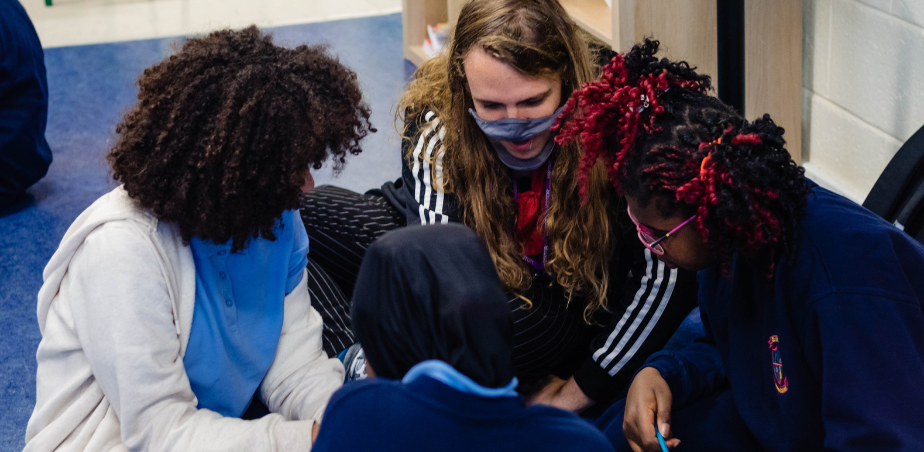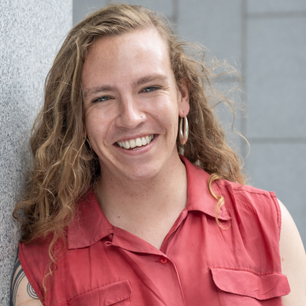Blog 1: Mark Ball, Theatre-maker & Artistic Director of Super Paua

Image credit: Mother Tongues' Language Explorers Programme

Mark Ball is a theatre-maker and the Artistic Director of Super Paua, a company that makes theatre and art for young people. Mark’s work is often multilingual and multidisciplinary and involves audience participation and engagement. Mark’s practice asks participants to question what they know and how they’ve come to know it; surprises and delights them with their own natural curiosity, creativity and humour, and that of their peers; and creates space for them to harness this to lead their learning and creative ideas to connect in a new way.
Mark completed Artstrain a Level 7 in Drama Facilitation and Youth Arts in 2017. Mark has facilitated workshops with over a thousand young people across the country with Riverbank Arts Centre, Mermaid Arts Centre, Hawkswell Theatre, Roscommon Arts Centre, axis: Ballymun, Draíocht Arts Centre, the Abbey Theatre, the Ark Children’s Cultural Centre and Mother Tongues.
How is the “voice of the child“ embedded in young people’s experiences of the arts?
Young people’s voices should be centred in our work. But, like the creative process, practicing this is individual and contextual. Conversations about voice centre on agency and relevance- how can young people have the choice to impact, make and experience the art they want? This is a beautiful aim that can take years to do properly.
Empowered, informed decisions take regular, positive contact with the arts and those with power. Time = trust. But time costs money and support. We often don’t have enough of this. How do we offer a quality experience when we don’t have the luxury of time? By seeing each encounter as an opportunity to encourage dialogue; each experience a chance to learn more about art and themselves. By giving a bold offer – a deep, specific artistic experience. Less, slower, better.
How could you choose to create a contemporary ballet exploring de-extinction, or see a punk-meets-storytelling gig about Medusa, if you didn’t know they were a possibility? By offering restricted formal and thematic explorations, with a rigorous process of reflection, we can encourage young people to think and make like artists; opening up endless avenues of choice. Any great artist training is a development and exploration of voice.
Encouraging curious disagreement and dissent deepens this exploration of voice. Shifting from what we liked, to what we’d like to see more of. We have power when leading, so how we handle and react to disagreement determines the honesty and depth of reflection we’ll get in the future.
Striving for quality in artistic aims, engaging young people in reflective practice, and exploring conflict will ensure a connection with the voice of young people; whether that’s a 30 minute feedback session for a piece in development, or a five year-long collaborative project. In this series of blogs I’ll reflect on how the voices of young people influence my work.
Published
23/1/2023